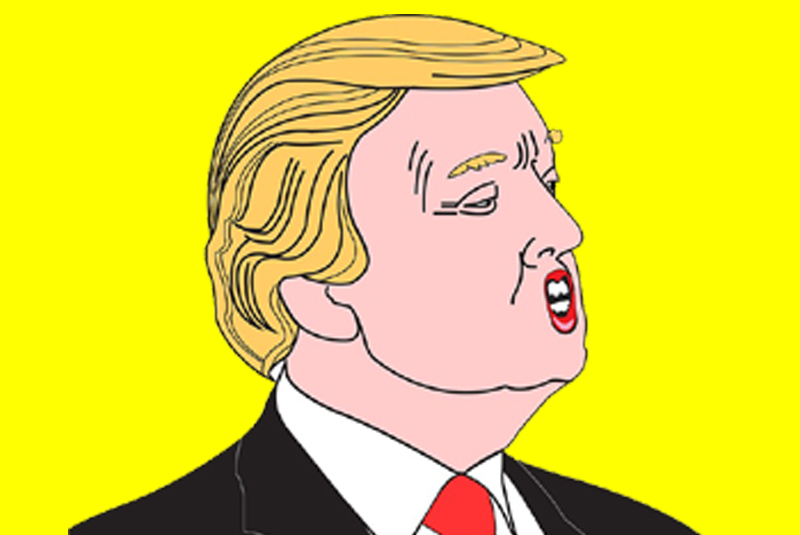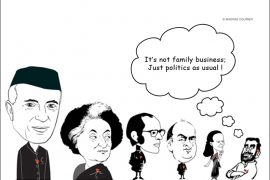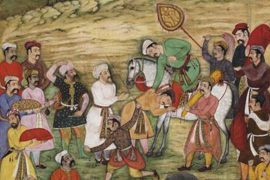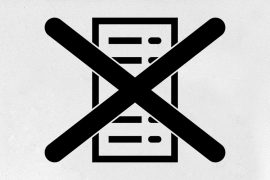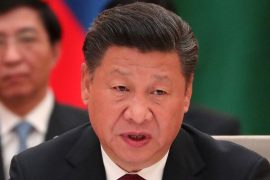Trump’s tantrums, ostensibly over America’s trade deficit, have seriously damaged the global trade system built over decades. We also need to consider the geopolitical impact of Trump’s second coming.
The tariff tantrums should be seen in the context of his wild and bizarre projects—to take back the Panama Canal, acquire Greenland, by force, if necessary, absorb Canada as the fifty-first state, and evict the Palestinians from Gaza to build a ‘Riviera’ there.
Copyright©Madras Courier, All Rights Reserved. You may share using our article tools. Please don't cut articles from madrascourier.com and redistribute by email, post to the web, mobile phone or social media.Please send in your feed back and comments to [email protected]

